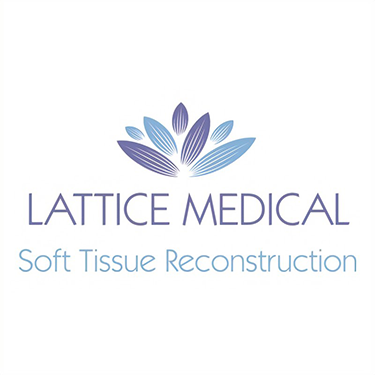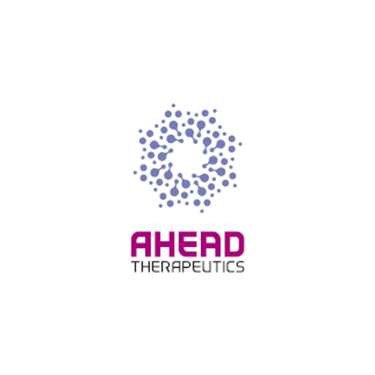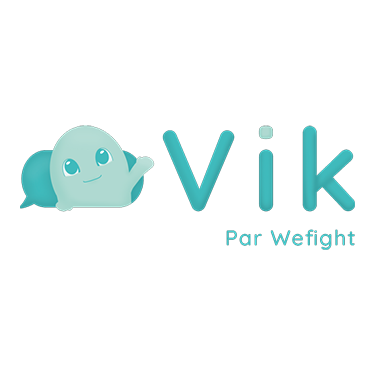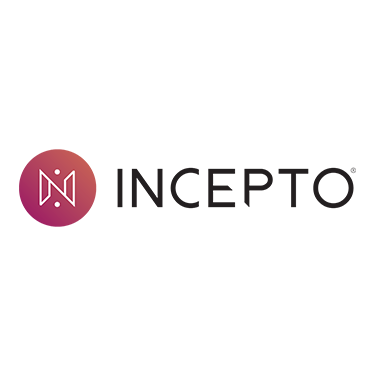We are excited to today announce the 42 promising start-ups that will go through to the semifinals of EIT Health Catapult 2022-23. Each year, the competition showcases Europe’s most promising biotech, medtech and digital health start-ups to leading experts and investors. Many participants of the competition have gone on to excel in their respective fields.
Catapult success stories
In 2021, two winners from the 2020 competition celebrated major acquisitions. Second place in the biotech category, PhagoMed, was acquired by BioNTech and the third-place finalist in digital health, Patchai, was acquired by US-based Alira Health.
SparingVision, a 2019 Catapult winner, raised €44.5 million to accelerate the development of their breakthrough treatment tackling chronic ocular diseases in 2020. In the last two years, the start-up has had positive preclinical findings and plan to submit their clinical trial application (CTA) in Q3 2022.
We look forward to seeing the 2021-22 Catapult winners, recently announced at the EIT Health Summit in Stockholm, go from strength to strength.
How were the Catapult 2022-23 semifinalists selected?
Each of the 42 start-ups selected to progress to the semifinals in the 2022-23 competition, has passed a comprehensive pre-selection process in their region and now has the opportunity to receive high-quality, individualised training to prepare them for the semifinals.
What happens at the semifinals?
During the semifinals this year, 14 start-ups from each category will present their solutions to a public audience of healthcare professionals, industry experts, investors and many more. The winners of the semifinals will receive prizes from sponsors, including Amazon Web Services (AWS), Astrazeneca, eg technology, Lusíadas Saúde, McDermott Will and Emery, and Merck.
The top three start-ups from each of the categories will be selected and invited to pitch during the finals at a major healthcare event. They will go head-to-head for their share of the €210,000 cash prize as well as the Audience Award, whose winner will be displayed on the New York Nasdaq Tower.
Meet our 42 semifinalists
Biotech
Immunyx Pharma (Israel) developed a revolutionary approach to immune therapy by modulating the innate immune system using targeted neutrophil (specialised immune cell) nanoparticles.
Ablevia (Austria) developed a new class of injectable biotherapeutics allowing for the quick removal of harmful antibodies from the blood.
PRAMOMOLECULAR (Germany) developed self-delivering siRNAs as drug candidates to silence “undruggable” cancers and metabolic diseases in lung, pancreas, and heart.
AtmosR (France) is developing innovative treatments for patients suffering from rare and severe CNS (central neural system) disorders.
TORSKAL (France) is a pioneer of green nanotechnology designing disruptive gold nanoparticles by means of a patented process to treat various types of cancers.
RegenoMac (Ireland) is a new treatment option for diabetic retinopathy that restores vision, independence, quality of life and mental wellbeing for millions of people with diabetes.
MediSieve (UK) is developing a revolutionary platform therapy that physically removes specific substances from the bloodstream of patients.
Cellbox Labs (Latvia) is developing miniature organ replicas called organs on chips for faster and more precise decision making in the drug discovery process.
Delta biosciences (Lithuania) accelerates drug discovery with a next-gen pico-fluidic screening platform for rare disease therapeutics.
One-Carbon Therapeutics (Sweden) is creating pioneering therapies by developing a first-in-class inhibitor of cancer specific MTHFD2 protein, targeting metabolism and DNA damage response.
Countagen (Sweden) offers simple-to-use consumable reagent kits that allow users to analyse gene editing efficiency and specificity in a way that is highly precise and affordable.
StemSight (Finland) developed allogeneic cell therapies for corneal blindness using induced puripotent stem cells.
Ahead Therapeutics (Spain) is developing a proprietary nanotechnology based on a platform for autoimmune disease treatment.
Gate2Brain (Spain) developed three families of patented peptide shuttles which improve the delivery of biopharmaceutical cargoes across biological barriers. Biopharmaceutic al cargoes include small molecules, proteins and antibodies.
Medtech
ATRO Medical (The Netherlands) develops a durable meniscus (disk-like cartilage in the knee joint) prosthesis to relief pain for patients with knee osteoarthritis.
Synapstim (Israel) is a novel non-invasive bioelectronic medicine technology for the treatment of chronic diseases with an initial focus on overactive bladders.
Biome Dx (Austria) is transforming precision medicine through microbiome intelligence.
FMT (Germany) developed a plasma-based platform technology for dentistry, to control infection and reinfection easily, effectively and without side effects.
Chipiron (France) developed a new generation of ultra-low field MRI machines with a patented detection system powered by quantum chips.
OMINI (France) is transforming chronic disease management with connected, sensor-based blood testing.
FabRx (England) is the world’s first pharmaceutical 3D printer for personalised medicines.
QV Bioelectronics (England) has developed an electric field therapy device to treat brain tumours.
Angiodroid (Italy) is a CO2 injector medical device for automated CO2 angiography (visualisation of blood vessels and organs).
GlaucoT (Turkey) is a smart wearable device for glaucoma patients which regulates the gamma waves in the brain and decreases neuroinflammation on the visual path.
BulbiTech (Norway) is an ophthalmic (relating to the eye) diagnostic platform powered by eye tracking technology which replaces manual eye examinations.
ABLE Human Motion (Spain) is a new generation of robotic exoskeletons that are two times lighter and three times more accessible than current solutions, maximising user independence.
Mimark (Spain) is an IVD (in vitro diagnostic device) for the faster, less invasive, and more accurate diagnosis of endometrial cancer in uterine fluid.
TIme is Brain (Spain) offers BraiN20®, a portable medical device that monitors brain viability during the entire acute ischemic stroke patient journey.
Digital Health
Fited (Netherlands) has created an automated design of patient-specific medical devices with embedded sensors for smart monitoring of treatment progress, starting with a scoliosis brace.
Medicine Men (The Netherlands) provides hospitals and general practitioners with ‘Emma’, a remote patient engagement platform that helps them deliver safe care with minimal cost.
Deepeye (Germany) prevents age-related blindness by empowering ophthalmologists with an AI-based decision tool to deliver patient-specific eye injection therapy.
edupression.com (Austria) is an online self-help program with two digital medical products for people with unipolar depression.
XUND (Austria) enables healthcare companies to build their own digital patient journey and transform unstructured patient data into actionable insights.
ArcaScience (France) helps biopharmaceutical companies achieve complete end to end control over biomedical semantic information.
Surge (France) develops innovative solutions for predicting postoperative complications.
electronRx (England) develops low-cost, scalable chronic disease management and prevention tools that accurately measure and monitor cardiovascular and respiratory function just through patients holding their smartphones.
Waire Health (Scotland) is a Medical Grade ECG in a 4G modem device and 20 other bio diagnostics.
Longenesis (Latvia) brings an end-to-end, intuitive toolkit for data discovery and patient-centric engagement which is both privacy-centered and follows the principles of ethics-by-design.
U-Care Medical (Italy) empowers clinicians to make data-driven personalised and faster decisions via proactive kidney care.
Viderai (Czech Republic) offers automated quantitative and qualitative retinal image diagnostics, based on a proprietary algorithm and convolutional neural network architecture.
Legit Health (Spain) is a clinical data and communication tool for next-generation dermatologists combining a set of algorithms able to measure over 232 skin pathologies.
Sycai Medical (Spain) presents an AI-based digital assistant that helps radiologists in the early-stage diagnosis of pancreatic cancer through imaging.
We look forward to seeing how these 42 promising start-ups perform at the seminfinals.





